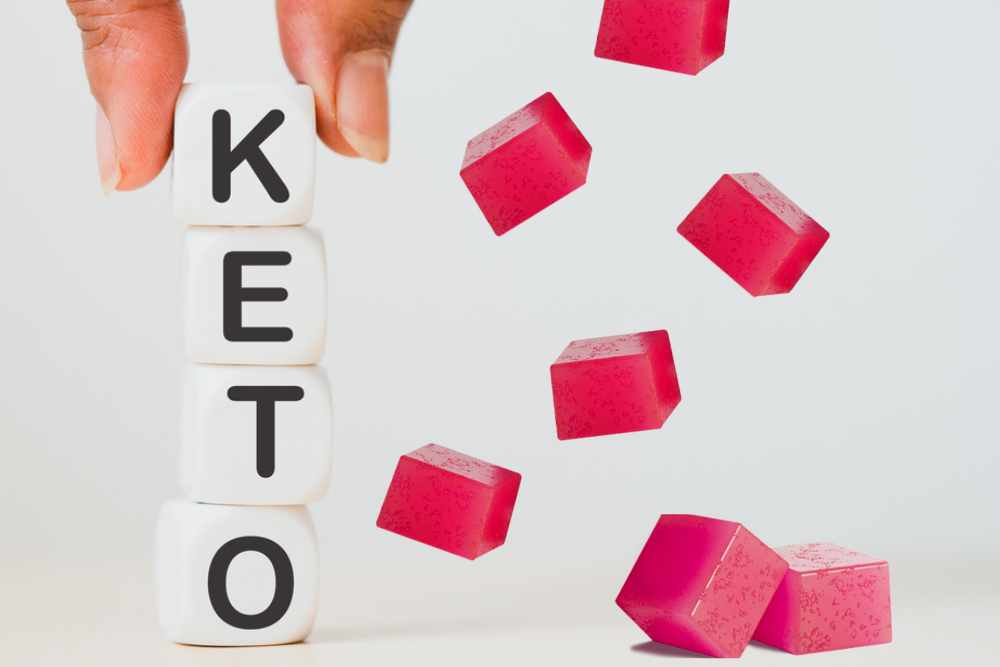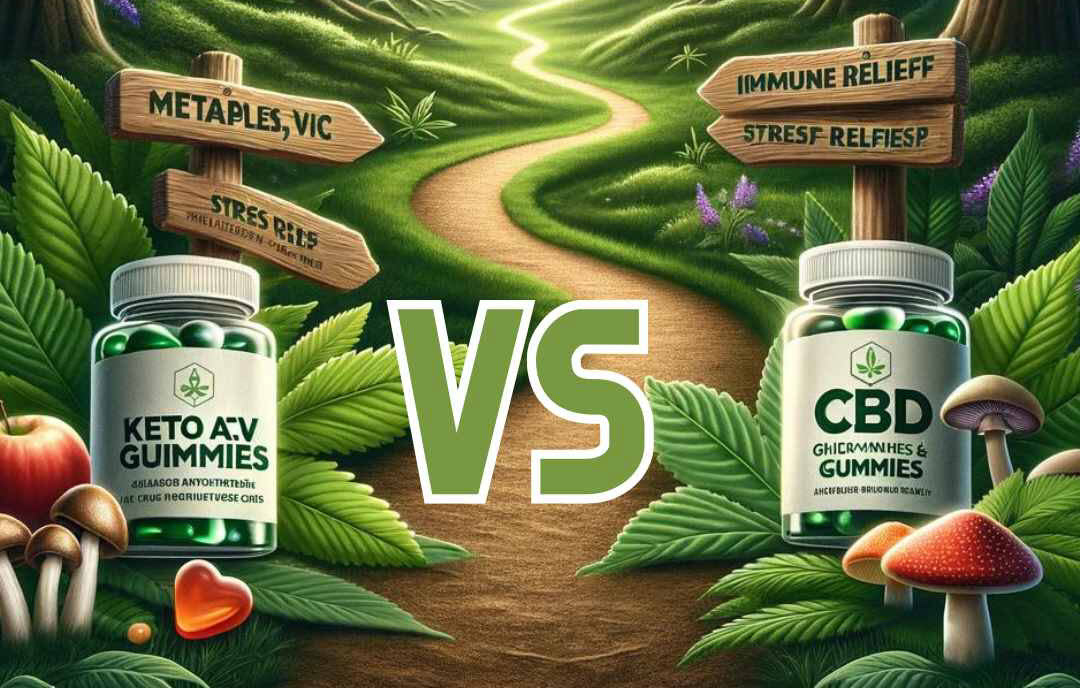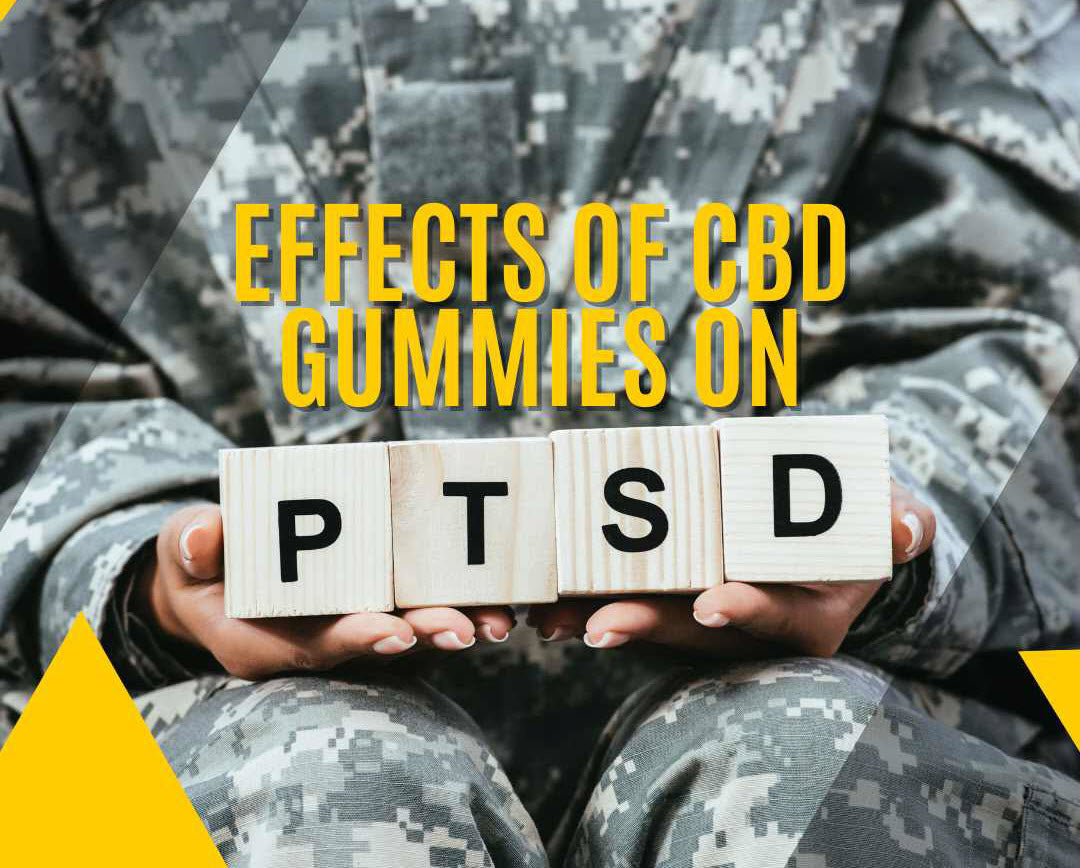Is CBD Legal in Texas?
As of June 10, 2019, CBD is legal in Texas.
The Lone Star State has Governor Greg Abbott to thank for their newfound access to CBD products. The Governor signed the House Bill 1325 on June 10, 2019, amending the Texas Health and Safety Code to allow hemp-derived products such as CBD oil to be legal, provided it contains less than 0.3% THC.
What Is CBD?
CBD, otherwise known as cannabidiol, is a cannabinoid found in cannabis and hemp plants. CBD can be extracted from either hemp or cannabis and purchased as an isolated extract in many forms. Most commonly, it is used as CBD oil.
This active cannabis compound has gained a reputation for its therapeutic effects. Research shows that CBD has demonstrated a strong ability to act as a pain reliever (1), anti-inflammatory (2), anxiolytic (3), antidepressant (4), sleep aid (5) and skin treatment (6). CBD induces these impressive effects on the body a little differently to other cannabinoids. CBD binds to non-cannabinoid receptors and acts on other receptor pathways.

Because of CBD’s close association with cannabis, it’s easy to understand why many people associate it with the intoxicating effects of cannabis. However, CBD won’t get you high. THC, another cannabinoid found in cannabis, is responsible for the psychotropic effects of cannabis.
Research also shows that CBD is largely well-tolerated and has a high safety profile (7), although its use can still come with some side effects. The mild side effects of CBD can include lethargy, dizziness, suppressed appetite, and diarrhea.
Is CBD Legal in Texas?
The passing of the revised Farm Bill in 2018 meant that hemp and non-psychoactive hemp products like CBD oil (with less than 0.3% THC) were no longer controlled substances and became federally legal in all 50 states.
However, because of a lag between federal and state laws, CBD was legal federally but was still a controlled substance in Texas.
However, Texans didn’t have to wait long to close the gap on federal laws. Governor Greg Abbot legalized the production of hemp by passing and signing House Bill 1325 in June 2019.

This bill meant that hemp production resumed in Texas and that CBD oil extracted from hemp plants was also legal without a physician’s approval as long as it contained less than 0.3% THC.
But what about THC?
THC is typically more stringently regulated due to its intoxicating psychotropic effects.
So while you can now legally purchase CBD oil in Texas, THC is still out of reach for many.
The 2015 Texas Compassionate Use Act signed by Governor Abbott does allow for people with epilepsy, multiple sclerosis, ALS disease, and Parkinson’s disease to have legal access to cannabis oil with less than 0.5% THC, slightly higher than that of legal hemp CBD products in Texas.
For the majority of people, THC and cannabis is still illegal and can result in misdemeanor charges.
Will CBD Show Up on a Drug Test?
Consuming CBD shouldn’t result in you failing a cannabis drug test. Cannabis drug tests typically involve testing a urine sample, which can then be analyzed in two ways: immunoassay testing (IA) and gas chromatography-mass spectrometry (GC-MS).
The IA test tells if you have cannabis present in the sample by testing for the metabolite of THC. The GC-MS test is more complicated. It separates different compounds in the urine sample and then measures their concentration levels.

Because a cannabis drug test is typically meant to look for the psychotropic THC’s presence, if you are only consuming CBD, you shouldn’t receive a positive result. However, false positives are possible, and some CBD products contain trace amounts of THC that may show up on a GC-MS test or an IA test.
If you may be drug tested, be sure that any CBD oil you take is THC-free.
The length of time CBD will stay in your system can vary from person to person, but it is typically around two to five days. Due to some people’s metabolisms, it could be much longer.
What Medications Should Not Be Taken with CBD?
CBD is largely considered safe and well-tolerated, although it can interfere with certain medications.
CYP-450 is a family of enzymes that helps you break down drugs and remove them from your system. CBD has been found to interrupt how CYP-450 enzymes do their job, meaning that medication that is metabolized by CYP-450 could stay in your system for longer or shorter than anticipated, leading to some serious consequences in some cases.

Common drugs that may be affected by CBD include (8):
- Antibiotics
- Antihistamines
- Steroids
- Beta-blockers
- Aspirin
- Diazepam and other anesthetics
Be sure to consult your doctor before adding CBD to your routine if you are taking other medications.
Where Can I Buy CBD in Texas?
Because of House Bill 1325, CBD oil is now legally available for purchase in Texas and can be found at health and vitamin stores.
However, Texas CBD laws are still confusing for many due to the illegal status of cannabis.
Online purchasing can often be an easier option for Texans, reducing the need for awkward conversations, long searches, and possible judgment from others who don’t understand the difference between CBD and cannabis.

Online stores like NanoCraft are easy to navigate, offer a wide range of products for delivery, and are safe and well-regarded.
Whether you’re looking for CBD creams, CBD water, CBD chapstick, CBD pill supplements, or simply want to shop for CBD oil, you can find it online at NanoCraft.
How Do I Choose a Quality CBD Product?
When looking for a quality CBD product in Texas, it’s important to analyze both the company and ingredient list.
Factors to look out for when analyzing CBD quality include:
- Brand openness: Do they share their ingredient list and CBD sources? Do they have a Certificate of Analysis (CoA) from a third-party lab? A CoA will tell you what is in the CBD product, e.g. CBD concentration and contaminants.
- Reviews: Reviews from other customers can give you great insight into the quality of a CBD product.
- CBD sources: How was the CBD produced? Look for products that source CBD through alcohol extraction methods.

Texans now have all the therapeutic potential of CBD available to them, and with a quality product, they could see significant health benefits.
* DISCLAIMER: The information in this article is for educational purposes only. It does not exploit or provide medical advice of any kind. Therefore, any reliance you place on the information below is strictly at your own risk. Please check with your medical provider before starting or changing a CBD routine.
Kirsten Thornhill, MSNanocraft SciencesContent Writer | Physiologist | ResearcherKirsten Thornhill was born and raised in a small farm town in Stanislaus County, California. Kirsten graduated with a Master of Science degree in exercise physiology from Point Loma Nazarene University in San Diego, CA. She is very passionate about human physiology and the metabolic and nutritional adaptations that occur during exercise in active individuals and athletes. Kirsten has specialized in maximal oxygen consumption testing in athletes and teaching laboratory, clinical, practical, and research applications of exercise testing to college students. She enjoys educating and informing people on the importance of lifetime movement, plant-based eating, and health research and development. Her passion for natural, lifestyle medicine enables her to strive when promoting health and education.
Sources
- Hammell, D., Zhang, L., Ma, F., Abshire, S., McIlwrath, S., Stinchcomb, A., & Westlund, K. (2015). Transdermal cannabidiol reduces inflammation and pain-related behaviours in a rat model of arthritis. European Journal of Pain, 20(6), 936-948. https://doi.org/10.1002/ejp.818
- Couch, D. G., Cook, H., Ortori, C., Barrett, D., Lund, J. N., & O’Sullivan, S. E. (2019). Palmitoylethanolamide and Cannabidiol prevent inflammation-induced Hyperpermeability of the human gut in vitro and in vivo—A randomized, placebo-controlled, double-blind controlled trial. Inflammatory Bowel Diseases, 25(6), 1006-1018. https://doi.org/10.1093/ibd/izz017
- Masataka, N. (2019). Anxiolytic effects of repeated Cannabidiol treatment in teenagers with social anxiety disorders. Frontiers in Psychology, 10. https://doi.org/10.3389/fpsyg.2019.02466
- Zanelati, T., Biojone, C., Moreira, F., Guimarães, F., & Joca, S. (2009). Antidepressant-like effects of cannabidiol in mice: Possible involvement of 5-HT1A receptors. British Journal of Pharmacology, 159(1), 122-128. https://doi.org/10.1111/j.1476-5381.2009.00521.x
- Shannon, S. (2019). Cannabidiol in anxiety and sleep: A large case series. The Permanente Journal. https://doi.org/10.7812/tpp/18-041
- Palmieri, B., Laurino, C., & Vadala, M. (2019). A therapeutic effect of cbd-enriched ointment in inflammatory skin diseases and cutaneous scars. Clinical Therapeutics, 170(2). https://doi.org/10.7417/CT.2019.2116
- Machado Bergamaschi, M., Helena Costa Queiroz, R., Waldo Zuardi, A., & Alexandre S. Crippa, J. (2011). Safety and side effects of Cannabidiol, a cannabis sativa constituent. Current Drug Safety, 6(4), 237-249. https://doi.org/10.2174/157488611798280924
- Flockhart, D. A. (2020). Drug Interactions Flockhart Table ™. Drug Interactions. https://drug-interactions.medicine.iu.edu/MainTable.aspx
Tagged under














No comments yet!
Be the first to comment